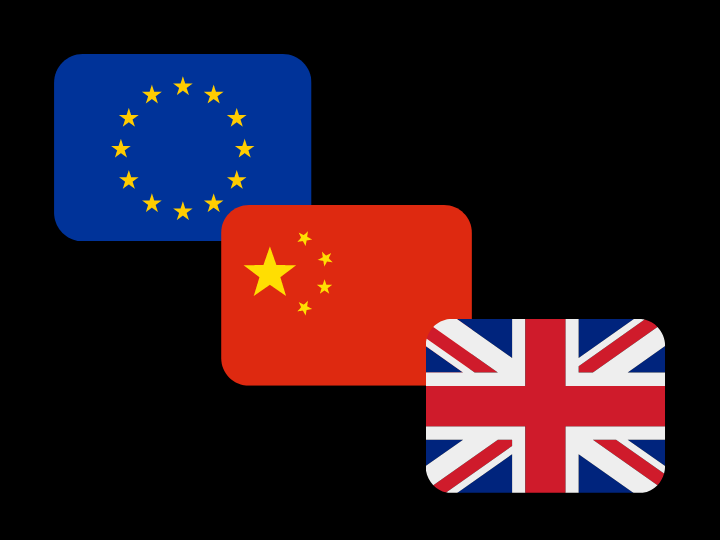by N. Peter Kramer
London will punish companies that profit from forced Uyghur labour. This pushes the EU even more into a corner. In recent weeks, the EU received a lot of criticism for the investment agreement it has concluded with China. It was established under high pressure from Angela Merkel who wanted to make the agreement the icing on the cake of the German EU Presidency in the second half of last year. Beijing denies violation of the rights of the region’s minorities; but last month a report from the Center for Global Policy mentioned that at least half a million Uyghurs and other Muslims are forced to work under inhumane conditions in the cotton plantations of the Xinjiang region.
Although, according to Labour opposition the measures should have been even tougher, they are quite striking. The intention is for the UK government to monitor more strictly companies that do business with the region where the Uyghur Muslims. If violations are found, they will be severely punished financially. Also sanctions against individuals are possible.
The British, together with Canada and the US, have been increasing pressure on Beijing regarding human rights violations for some time. This means a real about turn since Boris Johnson has been Prime Minister. His predecessors David Cameron and Theresa May did everything they could to court President Xi. They rolled out the red carpet for the Chinese tech giant Huawei. Johnson has now put a stop to that just as in the US.
The UK position is also related to the events in Hong Kong, the former British crown colony. After China restrained freedom there, London opened the door wide to residents who wanted to leave Hong Kong to ensure they and could easily apply for British citizenship. When Beijing arrested opposition leaders in Hong Kong last week, the British Foreign Secretary Dominic Raab stated, ‘it was only meant to silence the opposition’.
Sadly, it seems clear that for the EU the interests of companies and investors prevail above human rights.






